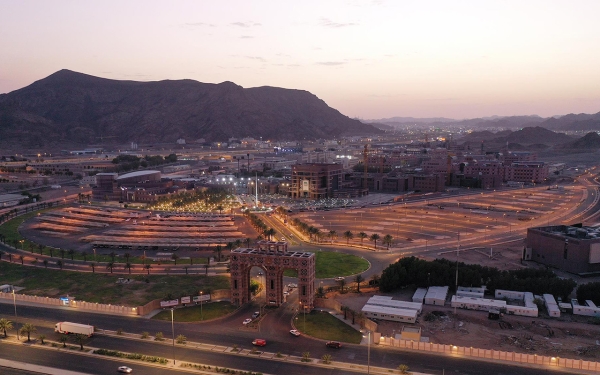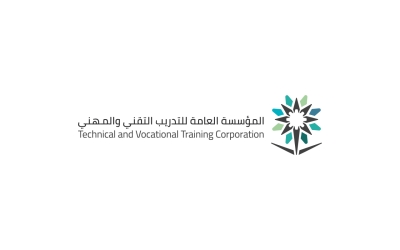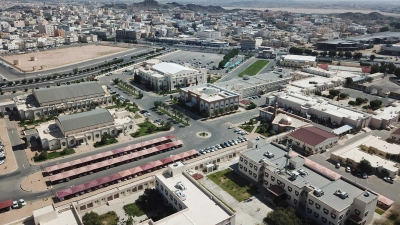

The Center of Toxicological Research and Studies is a specialized scientific center affiliated with Taibah University in al-Madinah al-Munawwarah. Established in 2009, it operates as a research and service center dedicated to studying health issues resulting from toxin exposure and finding appropriate solutions. The center's tasks have significant health and environmental benefits for the residents of al-Madinah al-Munawwarah Province and the millions of pilgrims and visitors who come to the city.
Vision and mission of the Center of Toxicological Research and Studies
The vision of the Center of Toxicological Research and Studies is to become a leading center locally and regionally in toxicology studies, contributing to the protection of society from the risks of toxins. Its mission is to participate in protecting the community from the dangers of toxins and to promote sustainable development through scientific research and outstanding community partnerships.
Objectives of the Center of Toxicological Research and Studies
The Center of Toxicological Research and Studies has a set of objectives that include: Creating a stimulating scientific environment, enhancing infrastructure and equipment, providing consulting services to the community of al-Madinah al-Munawwarah, training and qualifying Saudi research personnel, increasing research output, and ensuring its alignment with the priorities and directions of the national science plan, providing a specialized center for early detection of environmental toxins and food product risks, establishing an accurate database and reference information on hazardous pollutants, developing and innovating safe and effective treatments, collaborating with toxicology and forensic medicine centers in hospitals and related entities to raise awareness about the dangers of toxins and addiction, and engaging in research collaboration with leading national and international centers.
Service units at the Center of Toxicological Research and Studies
The Center of Toxicological Research and Studies includes seven service and research departments, which are:
1. Department of Toxicological Analysis: This department isolates toxins from samples, identifies them, and measures their concentrations.
2. Department of Biological Effects of Toxins: This department focuses on measuring biochemical changes and using biomarkers to assess the genetic impact of toxins.
3. Department of Nanomaterials: This department focuses on measuring the exposure of citizens to nanoparticles smaller than one hundred nm, which are considered one of the most dangerous types of air pollution in various locations across al-Madinah al-Munawwarah Province.
4. Department of Radiological Toxicology: This department focuses on measuring the exposure rate to various types of radiation, whether from industrial sources such as diagnostic and electromagnetic radiation, or natural sources such as sunlight.
5. Department of Clinical Toxicology: This department treats various cases of poisoning, whether acute or chronic, and provides information on how to prevent and treat poisoning, as well as the necessary procedures to take when poisoning occurs.
6. Education, Training, and Research Services Department: The objectives of this department include raising scientific and health awareness about the dangers of toxins and how to protect against them, informing citizens about where toxins are found, and methods to prevent their harmful effects.
7. Department of Drug Information: This department aims to highlight the important role of the university in contributing to the enhancement of healthcare services in the Kingdom by providing accurate medical information to the medical team and treating poisoning cases.
The center also offers programs and workshops to support research and studies in the field of toxicology, providing support and motivation for researchers to build specialized research groups. It aims to create a conducive scientific and research environment, organize conferences, scientific seminars, workshops, and training courses, secure support and follow-up for funded research, and establish the principle of cooperation and partnership with relevant entities both domestically and internationally.
Related quizzes

